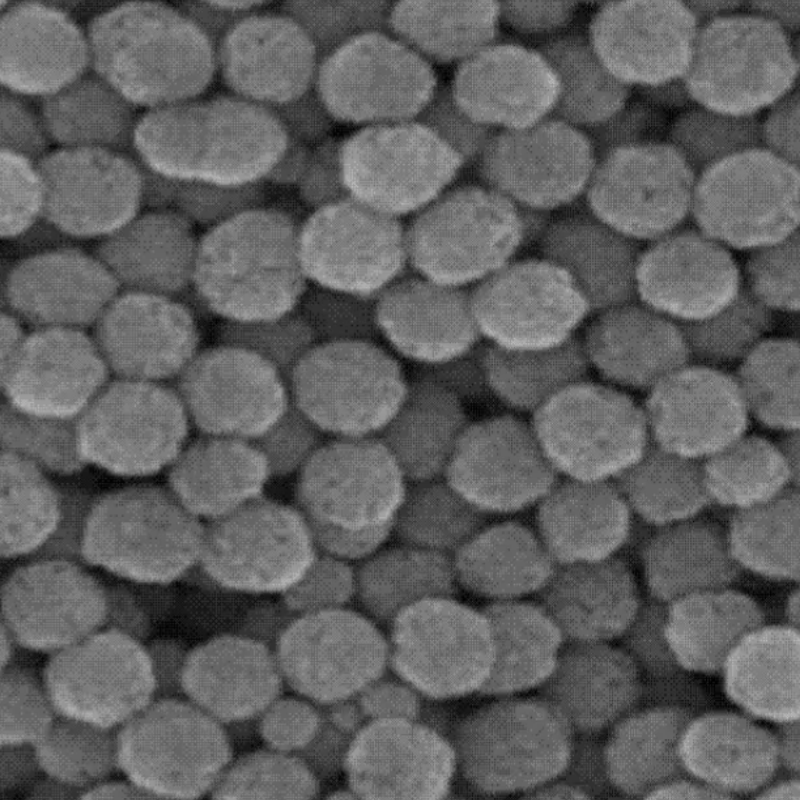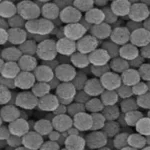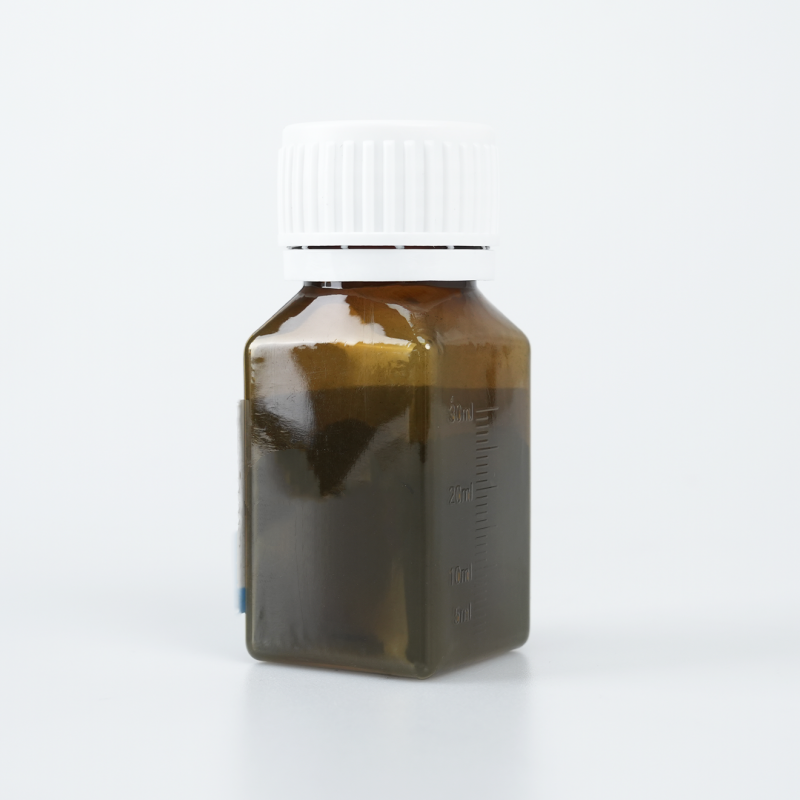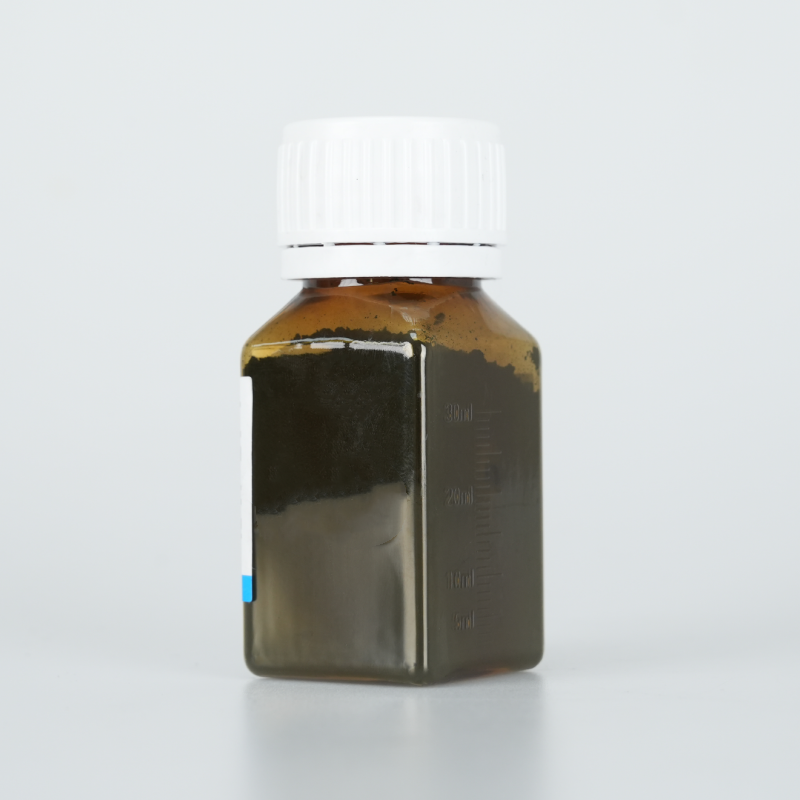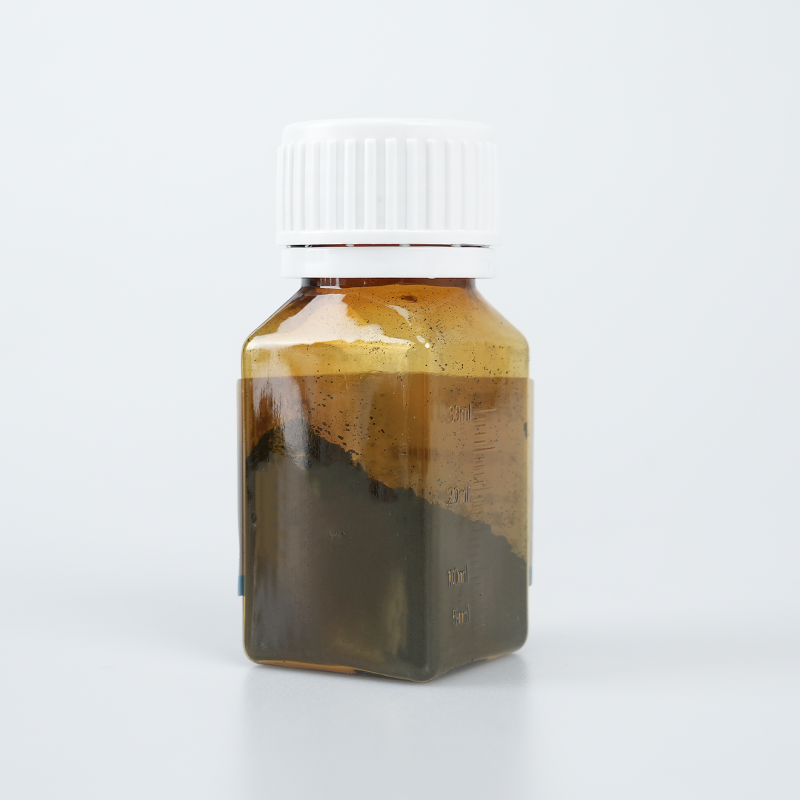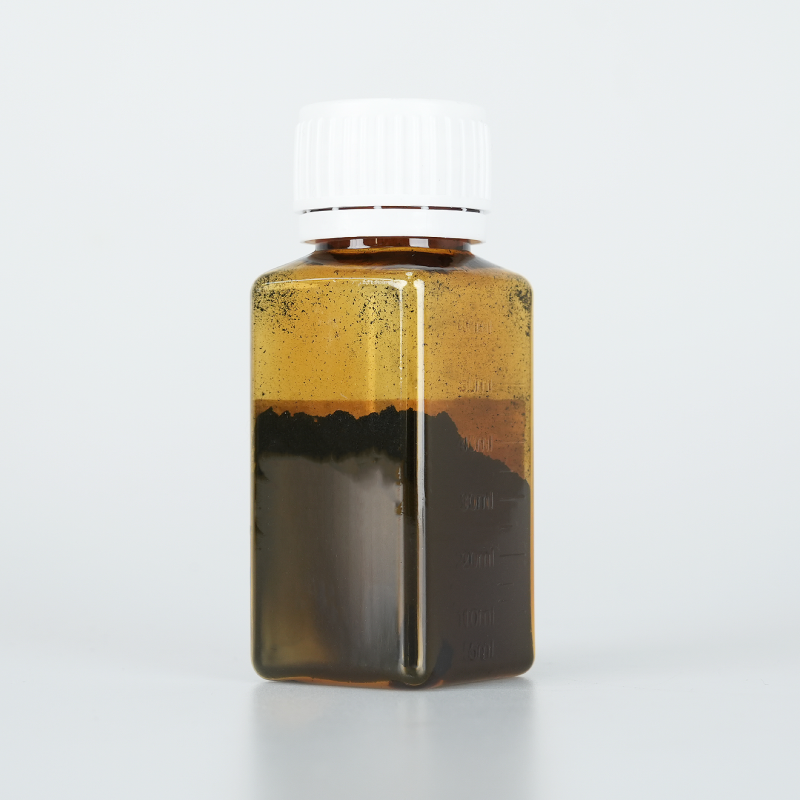Carboxylated dextran-modified Fe₃O₄ nanoparticles provide optimized biocompatibility, superior dispersion stability, and enhanced surface functionalization. Designed for advanced biomedical applications, they ensure efficient targeting, extended circulation, and high-performance adaptability.
Product Overview
Carboxylated dextran-modified Fe₃O₄ nanoparticles are composed of Fe₃O₄ core particles with superparamagnetic properties, making them suitable for magnetic field-responsive applications. Surface modification with carboxylated dextran enhances the water solubility and biocompatibility of the nanoparticles, while introducing carboxyl functional groups that enable further chemical modification and biomolecule conjugation. These nanoparticles are applicable in a wide range of fields, including magnetic resonance imaging (MRI), magnetic hyperthermia (MHT), drug delivery, and biomolecule conjugation.
Key Features
- Superparamagnetism: Fe₃O₄ nanoparticles exhibit superparamagnetic behavior, which allows them to magnetize and demagnetize quickly in the presence of an external magnetic field. This property is ideal for applications in MRI and MHT.
- Carboxyl Functionalization: The carboxylated surface provides active chemical groups that facilitate covalent bonding with drugs, biomolecules, or targeting ligands, enhancing the possibilities for functionalization.
- Biocompatibility: The modification with carboxylated dextran improves the nanoparticles’ biocompatibility, reducing potential toxicity to normal cells.
- Stability: Carboxylated dextran modification improves nanoparticle stability in biological systems, reducing the risk of aggregation and precipitation, and ensuring a longer circulation time in the bloodstream.
Applications
- Magnetic Resonance Imaging (MRI): Carboxylated dextran-modified Fe₃O₄ nanoparticles serve as MRI contrast agents, enhancing imaging signals and improving image quality.
- Magnetic Hyperthermia (MHT): These nanoparticles generate heat under an alternating magnetic field and can be used in cancer therapy to selectively kill cancer cells through magnetic hyperthermia.
- Drug Delivery: The carboxylated dextran-modified Fe₃O₄ nanoparticles act as drug carriers, enabling targeted drug delivery via their magnetic properties and hydrophilicity, thus enhancing therapeutic efficacy.
- Biomolecule Conjugation: The nanoparticles’ surface, rich in carboxyl groups, allows conjugation with proteins, antibodies, enzymes, and other biomolecules, making them suitable for biosensing, diagnostics, and therapy.
- Nanoprobe Construction: Carboxylated dextran-modified Fe₃O₄ nanoparticles can be used to construct nanoprobe-based systems for biological detection and analysis.
| Technical Parameter | Description |
| Size | 5-20nm (TEM) |
| Concentration | ~1 mg/mL |
| Surface Modification | Carboxylated Dextran |
| Zeta Potential | -24mV |
 new material
new material

